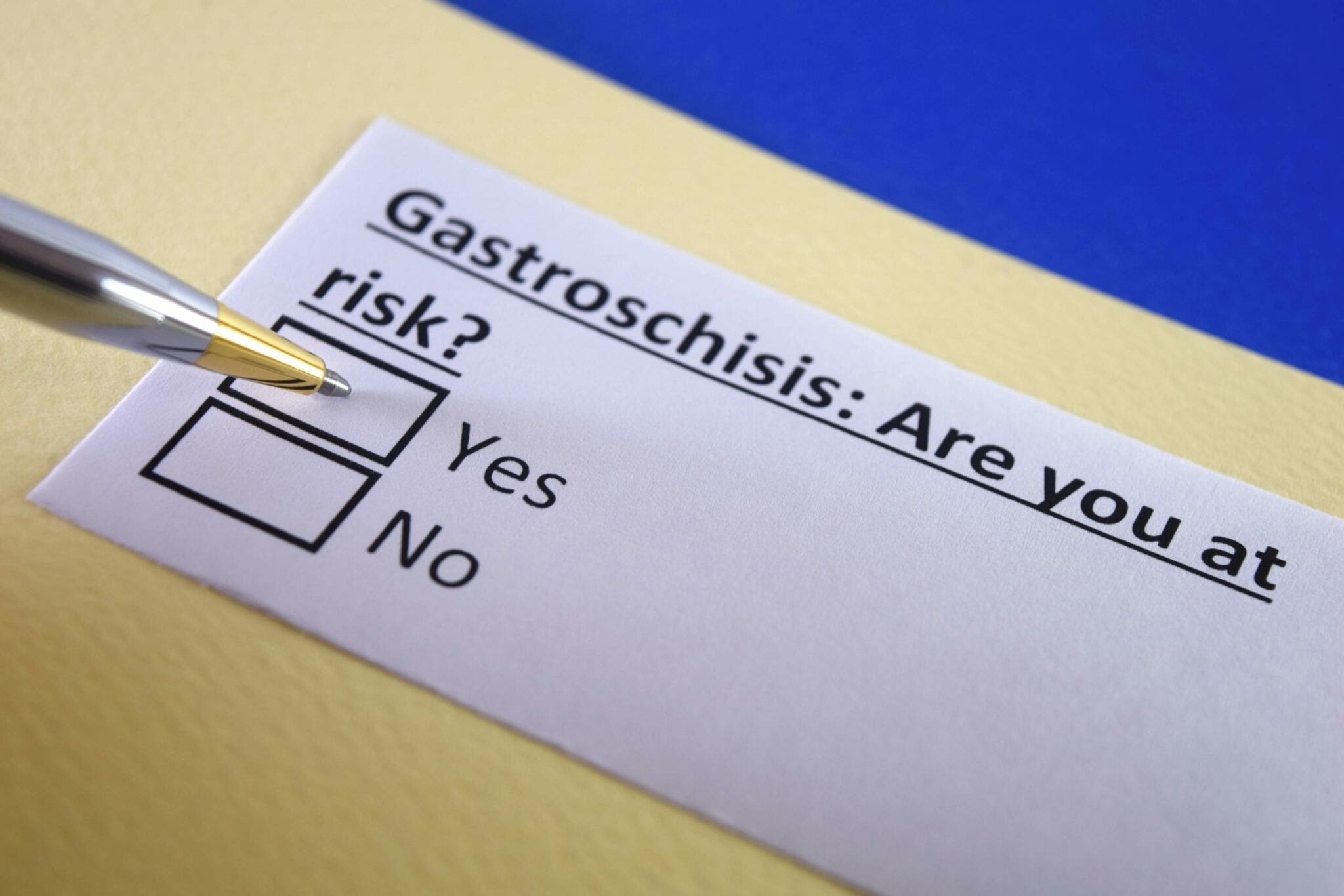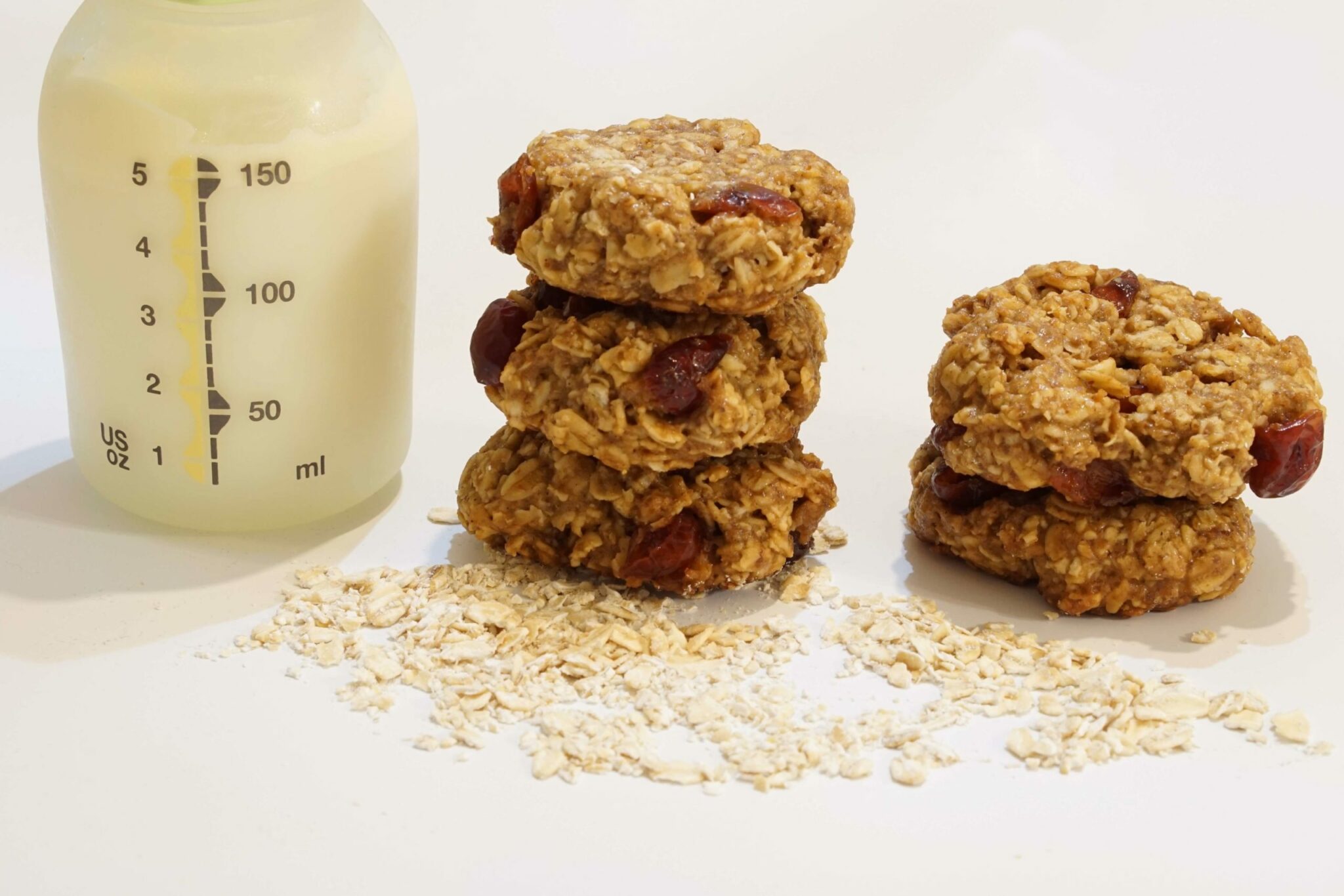Can you Breastfeed With Implants?


The vast majority of women have heard that “breast is best” when it comes to feeding their newborns, but many women with breast implants worry that they cannot breastfeed because of their surgical history. Fortunately, for many women that isn’t true, and many moms with implants are, in fact, able to nurse their babies, even if not fully. When preparing to breastfeed with implants in place, it is important to know two main factors that can play a role in a woman’s chance for success: the type of incision and where the implant is placed.
The incision
Incisions made under the fold of the breast or through the armpit should not interfere with a woman’s ability to breastfeed. However, an incision made around or across the areola is the most common method in implant surgery because it has the nicest cosmetic result. Unfortunately, this method can cause breastfeeding difficulties because it risks damaging the milk ducts and injuring the nerves that are an important stimulant for nursing. It can also lead to some possible complications, most notably exaggerated breast engorgement and mastitis.
Experts say that if you still have feeling in your nipples, it’s a good indicator that you will have a full milk supply. Of course, you won’t know exactly how much milk you’ll produce until you actually breastfeed your baby, but knowing this helps many women feel confident when they begin nursing.
Implant placement
If the plastic surgeon chooses to place the implants under the breast crease or under the muscle of the chest wall, it will do little to interfere with a woman’s breastfeeding abilities. In fact, the less pressure that is put on a woman\’s mammary glands by an implant, the better her chances are to produce milk.
Keep in mind that women who undergo mastectomies and then have breast implant reconstruction surgeries may not be able to breastfeed on the affected side due to loss of breast tissue and the glands that produce milk.
Are there safety issues?
Since silicone is a chemical, there have been concerns about babies being exposed to it through breast milk. However, researchers have reported that silicone is actually found in higher concentrations in cow\’s milk and infant formula than in human milk expressed from mothers with silicone breast implants.
What about guilt?
Many women who have breast implants feel guilty when it comes time to think about breastfeeding. They worry that a surgery they electively chose (often well before they thought about having children) will keep them from being able to nourish their babies. For these moms, support groups can be helpful. It is also important to keep in mind that even if a woman needs to supplement with donor milk or formula because of her breast surgery, any breast milk is better than none!
Preparing to breastfeed
Women who are planning to nurse and have breast implants should meet with a lactation consultant before they give birth. At this visit, a thorough history and exam can be done, and a plan can be made to optimize breastfeeding and carefully follow baby’s growth. Education and adequate support can help a woman be successful.
Sources:
- Food and Drug Administration
- Risks of Breast Implants.
Centers for Disease Control and Prevention. Do a mother’s silicone breast implants pose a risk for her breastfeeding infant?
Breastfeeding After Breast and Nipple Surgeries - Information and support.
Powered by Bundoo®










































